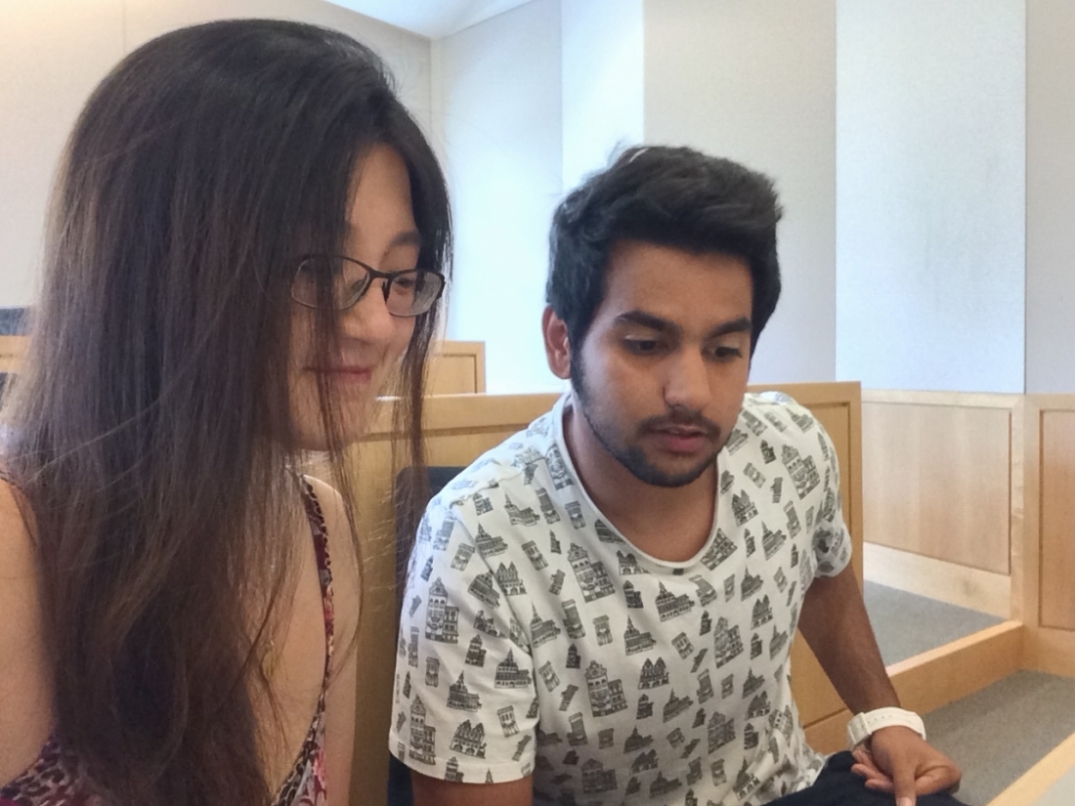
Dawn Yang studies Hebrew at Middlebury College’s intensive summer session.
Summer is a great time for students to advance their language skills! We recently caught up with two students who are taking their Hebrew knowledge to the next level.
Intensive Hebrew at UW
Shawn Laramie is a junior at UW, double-majoring in NELC and Comparative Religion with a minor in Jewish Studies. Shawn is presently taking the summer intensive Hebrew course (MODHEB 105) with Hadar Khazzam-Horovitz. We caught up with Shawn over coffee one afternoon after class.
LK: Why immersive Hebrew language study?
SL: For me, immersive language study is the best way to learn a language because it allows me to focus on the language and absorb it. I am studying Hebrew because it relates to my coursework and as a comparative religion major, it is empowering to be able to read texts in the original language in which they were written. I also love learning about Israeli culture and the history of the language; Hadar does a really good job of connecting the origin of words to their present-day meaning and associations with popular culture. I have learned so much in such a brief period of time; in 5 weeks, we’re already watching television in Hebrew and understanding some of it too!
LK: What is your class like?
SL: My Hebrew class is the most diverse group of students I have ever had at UW. Yet each student seems to have a personal passion for the language. The class is also small, which means that there’s no place to hide—an amazing thing when you are in a language course. Hadar seamlessly tailors the lessons to each student’s strengths and needs, and goes out of her way to be available for questions or assistance. The class has been a great experience for me.
Immersive Hebrew at Middlebury College
Dawn Yang, a senior double-majoring in Philosophy and Jewish Studies, is currently at Middlebury College’s School of Hebrew, a comprehensive seven-week language immersion program with a “No English Spoken Here” pledge. Participants must speak the language 24/7 or risk expulsion from the program—with the exception of one phone call a day from a “loved one.” We were honored to qualify as Dawn’s loved one for a quick but exciting phone call!
LK: How did you hear about Middlebury’s immersive program in Hebrew language?
DY: Tovi Romano (a UW Hebrew professor) recommended it to me. She had a former student enroll in the program. And Hadar Khazzam-Horovitz wrote my recommendation!
LK: What is the program like?
DY: The Hebrew program is only 8 years old. It has 50-80 participants total, and my class has 15 students. The group of students are very mixed. There are beginners who don’t even know the alef-bet
LK: How did your experience in UW Hebrew classes help prepare you for this experience?
DY: At UW, I have learned great grammar. It is a more academic program, and it gave me a very strong foundation. My writing is almost perfect, and some of my classmates do not know how to write as well. Here, there is an emphasis on daily conversation, vocabulary, and slang. The foundation [I received at UW] has helped me to improve my speaking. Without that foundation, I think I’d be really tired!
B’hatzlacha—Good luck!—to both of you, Shawn and Dawn!



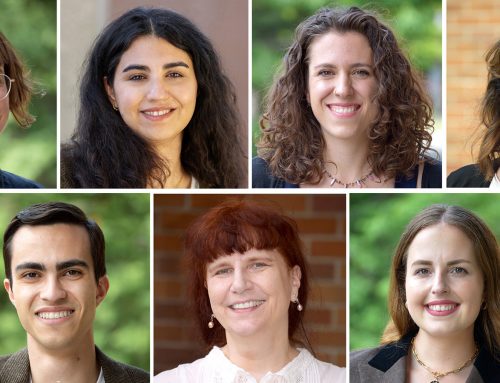
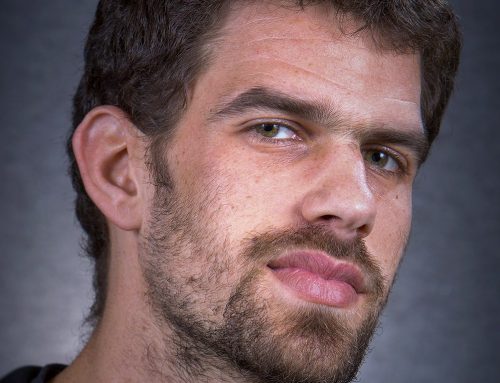
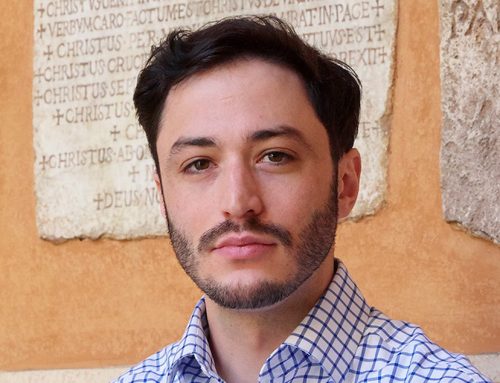
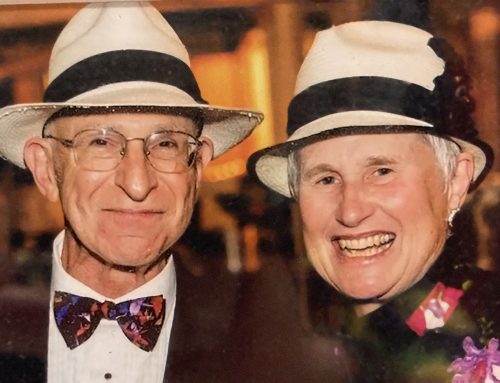
Leave A Comment